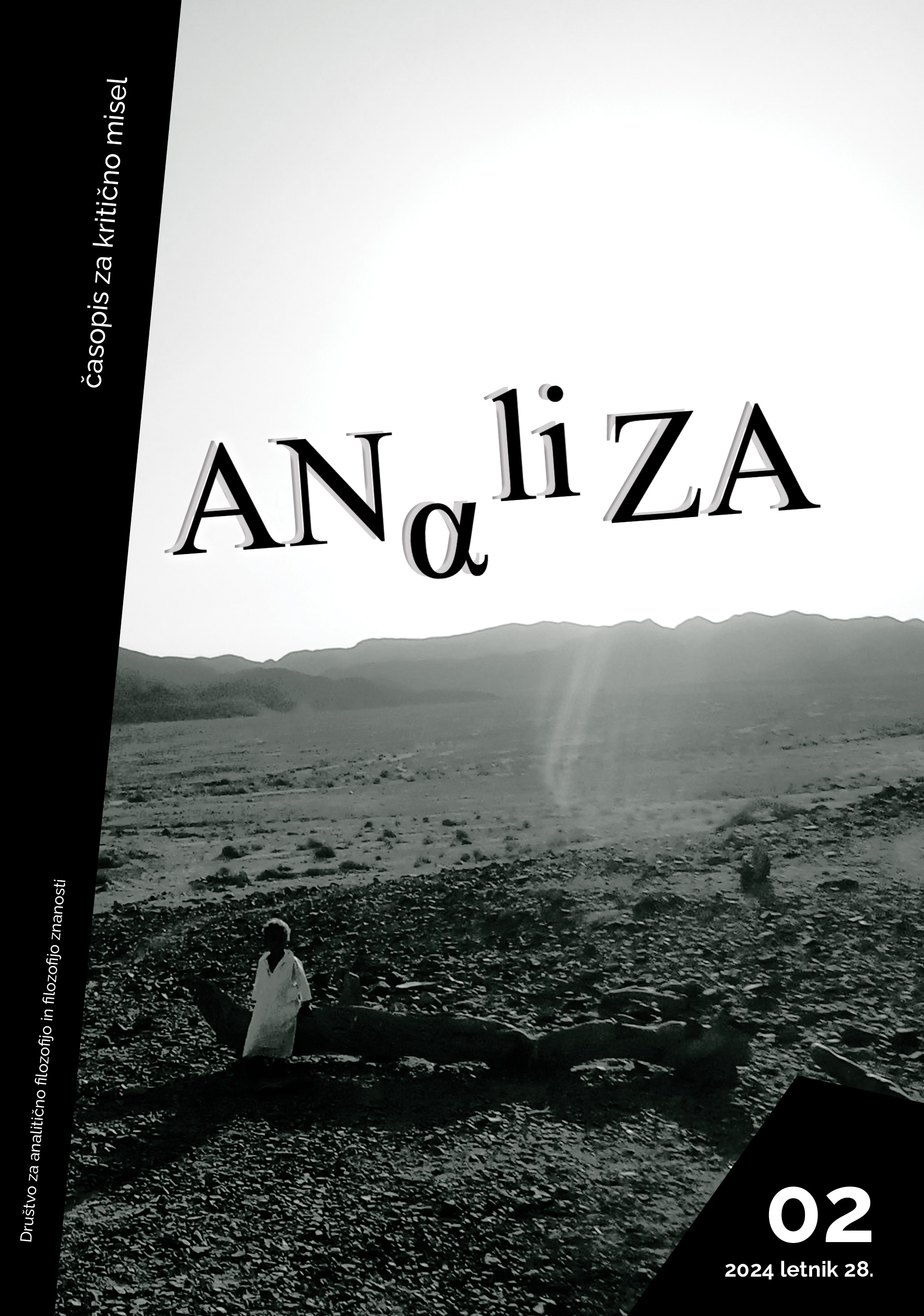Higher-Order Evidence in Science
Some Problematic Consequences of Steadfastness and Level-Splitting
Keywords:
higher-order evidence, modest epistemology, evidence, rationality, scienceAbstract
Despite our best efforts, we often fail to act in a perfectly rational manner. Recently, some epistemologists have suggested that we should admit our failings and develop a modest epistemology that would take our fallibility seriously. This includes accounting for the role of evidence of our irrationality, usually called higher-order evidence. It seems intuitive that modest reasoners should take such evidence into account. However, it turns out that incorporating higher-order evidence into a principled theory of what rationality requires is not an easy task. In this paper, I first review the debate about higher-order evidence, describing in detail the puzzle of higher-order evidence and the main positions about it in the literature. Then, I provide two novel examples of higher-order evidence, taken from science. I argue that these examples put pressure on the views that reject the role of higher-order evidence. These views commit themselves to the conclusion that some common scientific practices, such as evaluating evidence in systematic reviews or even running null hypothesis significance tests, are irrational.
Downloads
References
